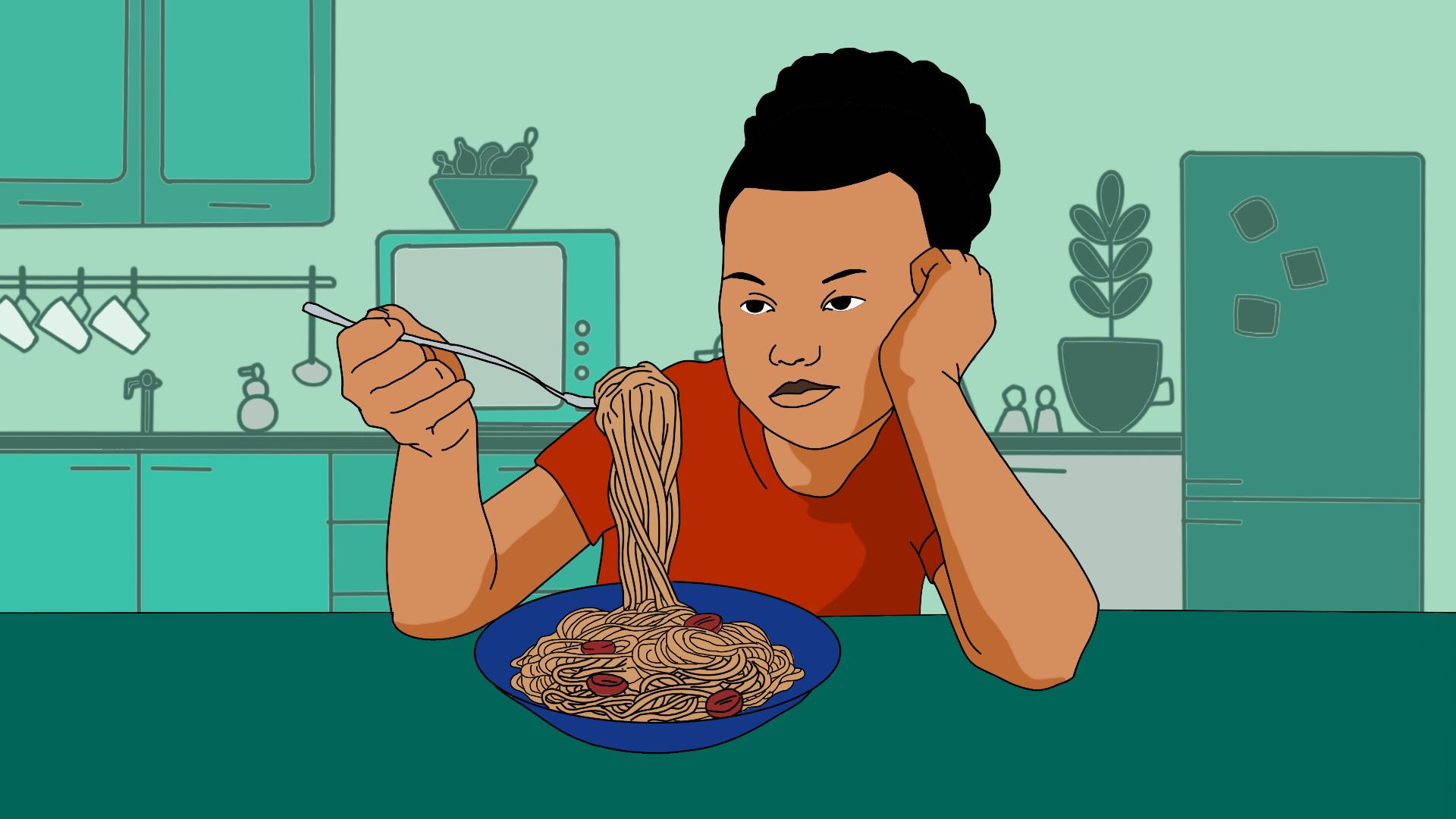🎧 Listen to: Malnutrition (s)

Malnutrition
What is malnutrition?
Malnutrition is when you don’t get the right amount of nutrients—either too little or too much. It can cause serious health problems like poor growth, heart disease, and vision issues. Some people are more at risk depending on where they live, what they eat, and how much food they have access to.
Under-nutrition
This occurs when a person lacks protein, calories, or key vitamins and minerals like iron, zinc, vitamin A, and iodine. It leads to:
- Wasting (low weight for height)
- Stunting (short height for age)
- Underweight (low weight for age)
Specific deficiencies
- Kwashiorkor: Severe protein deficiency, causing swollen belly
- Marasmus: Extreme calorie deficiency, leading to severe weight loss
- Vitamin A deficiency: Night blindness, dry eyes, weak immunity
- Iron deficiency: Fatigue, poor brain function, temperature issues
Over-nutrition
It is when you eat too many calories, fat, and sugar, leading to obesity. This happens when people eat too many unhealthy foods like fried snacks but not enough vitamins and minerals.
What causes malnutrition?
- Lack of food: Poverty
- Digestive issues: like Crohn’s disease
- Alcoholism: Poor diet
- Mental health: depression
- High needs: Pregnant women, children, and elderly
Prevention and treatment
- Iron, zinc, and iodine supplements
- Balanced diet education
- Physical activity for obesity prevention
- Medical care from doctors, dietitians, and social work
